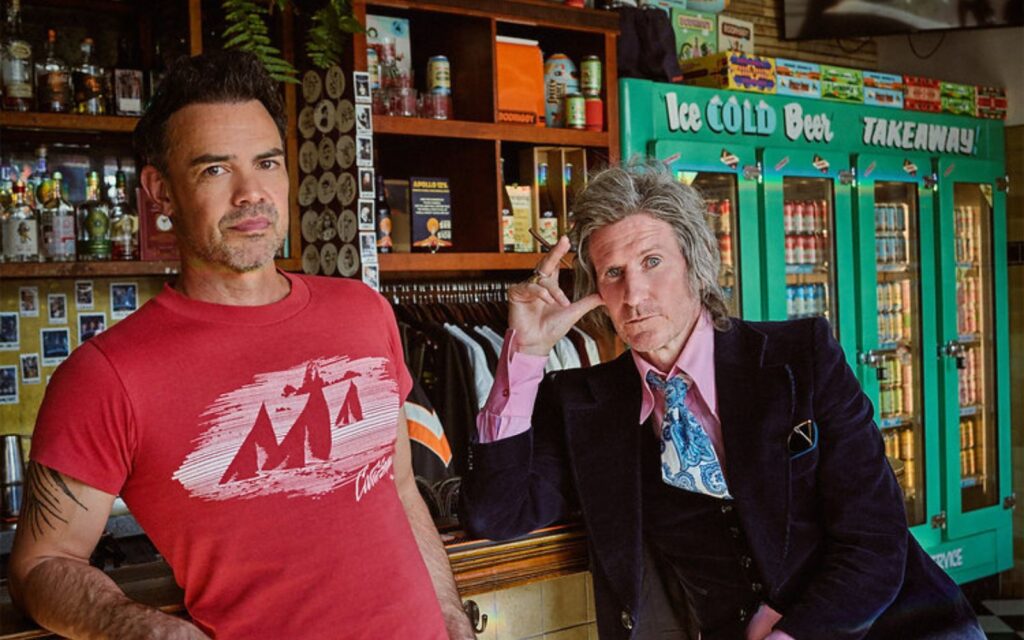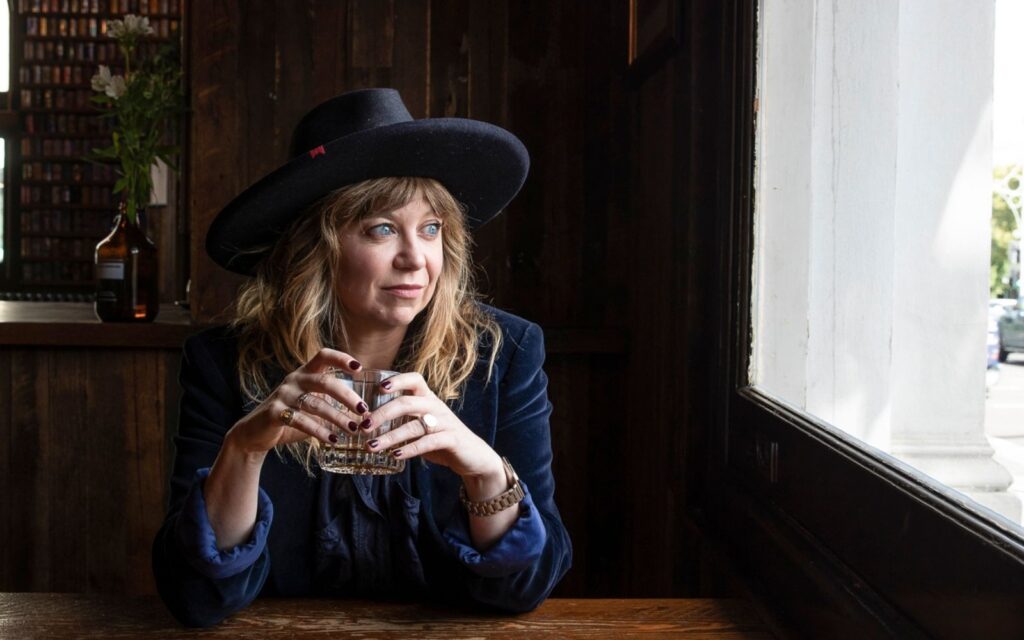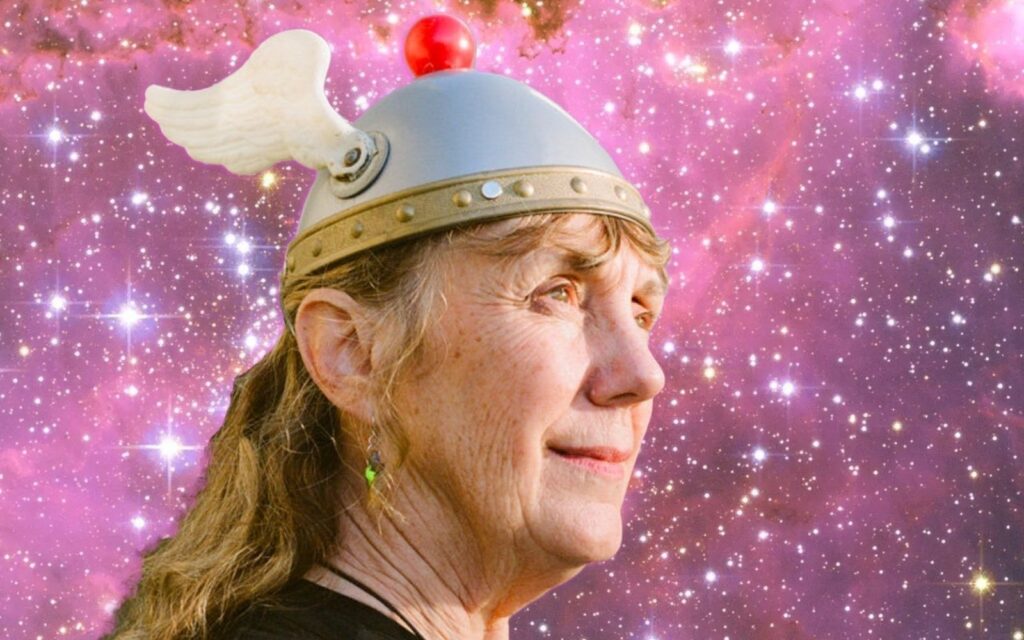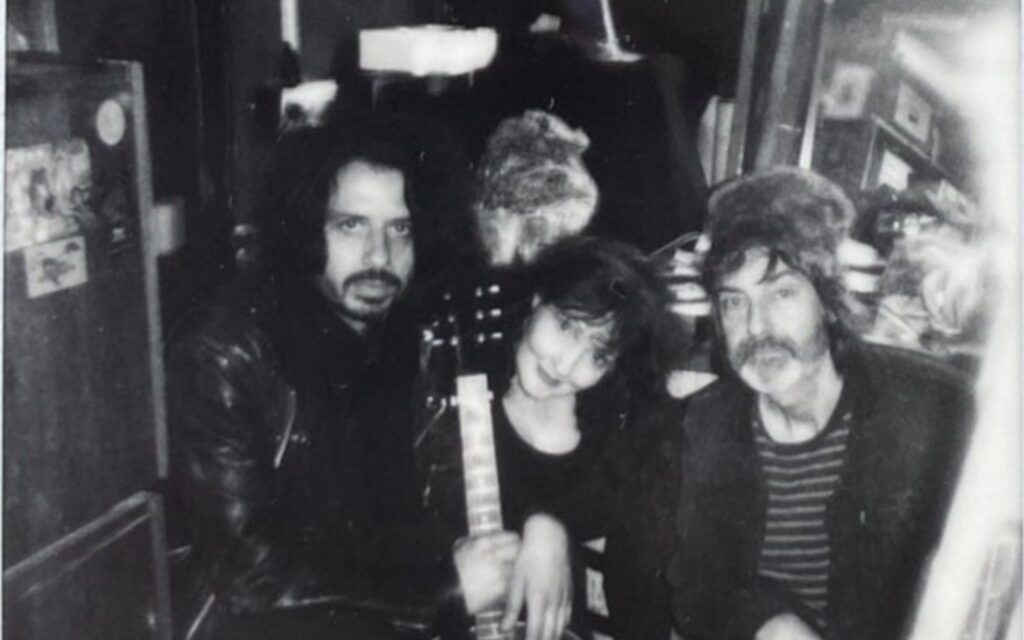We continue our look at some of the hard-working bands of the 70s and early 80s – bands that ground their way through the gruelling pub and club circuit to give us some classics that deserve to be reheard.
I Like It Both Ways – Supernaut (1976)
Highest Chart Position: 16 (Kent Music Report)
Supernaut was a glam rock band from Perth, formed in 1974 as pub rock band Moby Dick by British brothers Chris and Joe Burnham. With Chris on guitar and Joe on drums, they were joined in late 1974 by fellow Brit Gary Twinn on lead vocals and Randall Murphy on bass, and soon changed their name to Supernaut. The band’s name was taken from a song from British heavy rock band Black Sabbath’s 1972 album Vol. 4.
In 1976 the band moved to Melbourne and was signed to the Polydor label on the recommendation of Ian ‘Molly’ Meldrum. (It’s believed Meldrum had himself been tipped off to the band’s potential by none other than Paul McCartney!) I Like It Both Ways, their debut single, produced by Meldrum, was released in May 1976.
The song was initially shunned by commercial radio due to its somewhat risqué lyrics – “Girls walk by / he watches them all / to him they’re all the same / I like it both ways”- but with Meldrum ensuring regular appearances on Sunday night ABC institution Countdown, the song soon took off, eventually reaching a peak of 16 on the national charts.
The band’s tight but raw barre-chord-driven sound and dressy glam-rock look attracted hordes of adolescents, mainly girls, who would regularly storm to the front of the stage. So popular were Supernaut that they won two awards at that bopper bastion of popularity, the reader-voted TV Week “King of Pop’’ Awards in 1976: “Best Australian TV Performer’’ and ‘’Most Popular New Group’’. Their follow-up single Too Hot to Touch was released in September 1976 and did marginally better than I Like It Both Ways, reaching 14 on the charts. As the year ended, they supported top touring acts such as Lou Reed, Suzi Quatro, and The Sweet.
Their early success was not sustained as the glam rock sound began to fall out of favour. The band moved to Sydney in 1978, and the following year changed their name to The Nauts and began playing an amalgam of punk and New Wave. Major success did not revisit them. They disbanded in early 1980.
Gonna See My Baby Tonight – The La De Das (1971)
Highest Chart Position: 10
The La De Das was a blues-rock band from the Huapai district near Auckland, New Zealand, formed in late 1963 by High School friends Kevin Borich, Trevor Wilson and Brett Neilson under the name The Mergers. Phil Key (vocals and rhythm guitar) joined the band in 1964, and Bruce Howard (keyboards) in 1965. The band soon became a major success in their home country, touring widely and recording a number of successful singles and an album The La De Das. In May 1967 the band made their first trip to Australia, and became renowned on the tough Sydney and Melbourne live music circuits, playing a range of venues across both cities. The band was brilliantly headed by virtuoso lead guitarist and singer Kevin Borich, whose crunching, dexterous blues-rock playing was a key feature of the band’s sound.
By January 1972, when The La De Das played at the first Sunbury Music Festival just north of Melbourne to rapturous acclaim, the band had joined Billy Thorpe and the Aztecs and Daddy Cool in an elite clique of Australian/New Zealand rock bands par excellence.
Written by Kevin Borich, Gonna See My Baby Tonight was released in October 1971 and peaked at number 10. The lineup at this stage was Kevin Borich (vocals, guitar), Phil Key (vocals, guitar), Peter Roberts (bass) and Keith Barber (drums). With Kevin Borich clearly enjoying himself on lead guitar and vocals, the playing is tight and rousing. The gentle and understated intro is wry and almost smoochy, followed by a small pause then – whack! The rest of the song is classic foot-thumping electric blues-rock. You’ll want to get up and dance – or at least nod your head!
Over time the band trimmed down to a three-piece unit comprising Borich, Keith Barber on drums, and Ronnie Peel, aka Rockwell T James, on bass. The band continued to gig extensively but was beginning to flag. Tired by the grind, and ignored by commercial radio, The La De Das disbanded in May 1975.
Don’t Fall in Love – The Ferrets (1977)
Highest Chart Position: 2
The Ferrets was a Melbourne pop-rock band formed by former Jesus Christ Superstar cast members William “Billy “Miller (guitar, vocals), Ken Firth (bass, backing vocals) and Phil Eizenberg (guitar), and guitarist and backing vocalist Dave Springfield. Miller, Firth and Springfield had been playing in Angry Anderson’s hard rock band Buster Brown, before departing in November 1975. They were joined by ex-Zoot drummer Rick Brewer in April 1976, followed soon after by Billy Miller’s sisters Jane Miller (keyboards and backing vocals) and Pam Miller (backing vocals).
The band was signed to Mushroom Records, and with Ian ‘Molly’ Meldrum producing, began work on their debut album Dreams of a Love in July 1976. Progress was so slow that the band eventually took it back from Molly and finished it themselves, with help from recording engineers Tony Cohen and Ian Mackenzie. Molly is attributed on the album cover as “Willie Everfinish”.
Don’t Fall In Love was not intended as the first single off the album – the flip side Lies was meant to have that honour – but it was decided that this song was so good they would play it on Countdown and promote it instead.
And what a great song it is! Lead singer Billy Miller calls out the “city girls” with “nightlife in their eyes / Ask no questions and get told no lies”/ You’ll get hurt….”. Given the subject matter, the backing vocals by the Miller sisters provide an ironic female counterpoint. The arrangement is uncrowded, with a catchy syncopated guitar riff and snatches of tasteful licks and arpeggios over a four-to-the-floor drum rhythm.
The song was their only major hit. By mid-1978, Pam and Jane Miller and Phil Eizenberg had left the band, and a gradual decline began. The Ferrets second album Fame at Any Price, released in October 1978, and its related singles This Night and Tripsville/ It’s Not Over, failed to chart.
The Ferrets disbanded in March 1979.
Next time: The Radiators; Country Radio; Mark Gillespie







